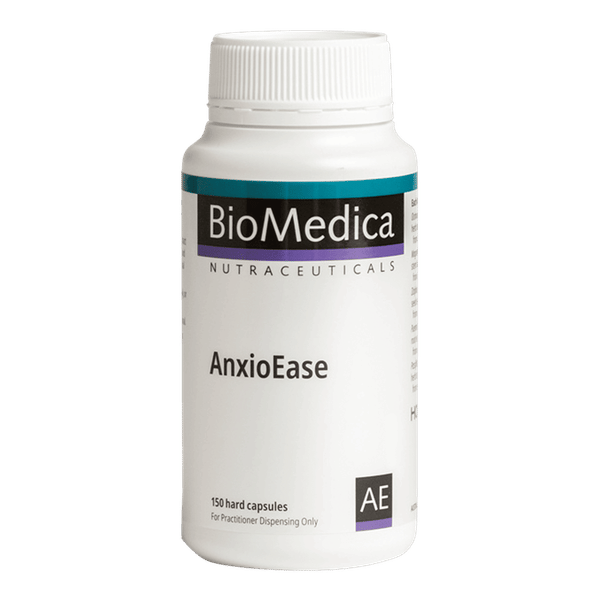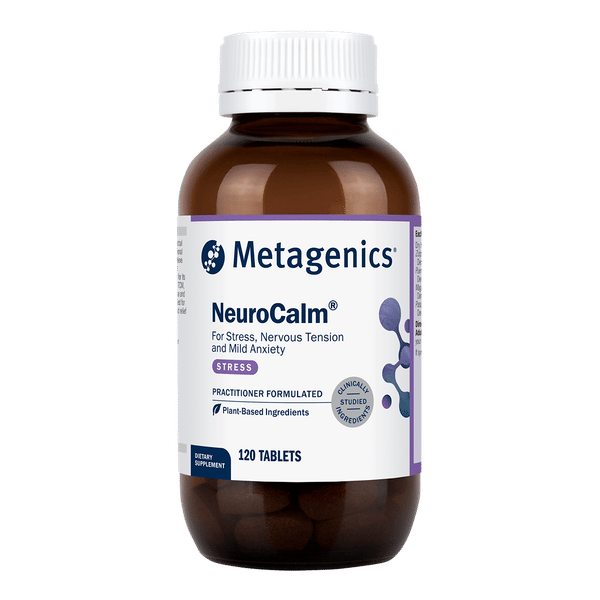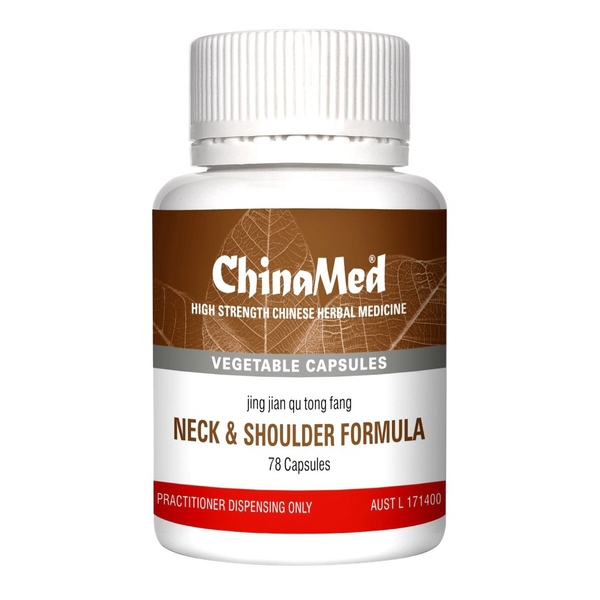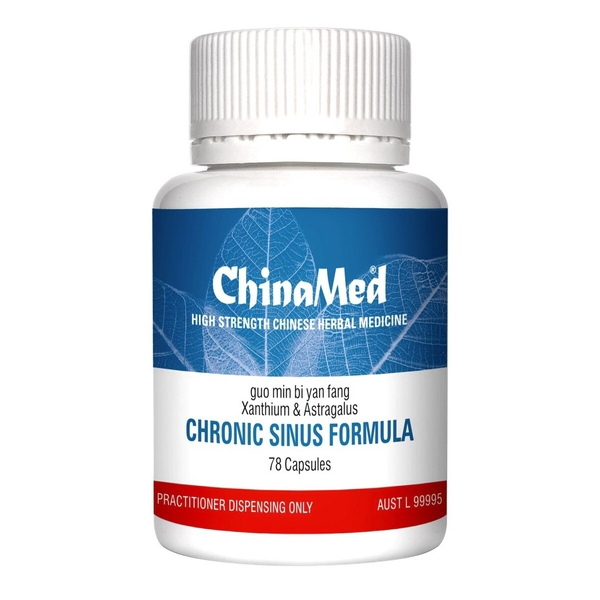
Background
Kudzu contains ingredients that might counteract the effects of alcohol. It might also have effects like estrogen.
People use kudzu for alcohol use disorder, heart disease, diabetes, menopausal symptoms, and many other conditions, but there is no good scientific evidence to support these uses.
Don't confuse kudzu with arrowroot, arum, cassava, wahoo, or zedoary. These are not the same.
Safety Safety definitions
When applied into the vagina: Kudzu gel is possibly safe when used for up to 12 weeks. It may cause mild irritation during the first few days of use.
Special Precautions & Warnings:
Pregnancy and breast-feeding: There isn't enough reliable information to know if kudzu is safe to use when pregnant or breast feeding. Stay on the safe side and avoid use.Bleeding or blood clotting disorders: Kudzu might slow blood clotting. It might make bleeding and blood clotting disorders worse.
Hormone-sensitive condition such as breast cancer, uterine cancer, ovarian cancer, endometriosis, or uterine fibroids: Kudzu might act like estrogen. If you have any condition that might be made worse by exposure to estrogen, don't use kudzu.
Liver disease: Taking kudzu might harm the liver. People with liver disease or a history of liver disease should avoid kudzu.
Surgery: Kudzu might affect blood sugar levels and might interfere with blood sugar control during and after surgery. Stop taking kudzu at least 2 weeks before a scheduled surgery.
Effectiveness
- Alcohol use disorder. Taking kudzu by mouth might help heavy drinkers consume less alcohol. But kudzu doesn't seem to decrease the craving for alcohol or improve sobriety in people with alcohol use disorder.
Dosing & administration
Interactions with pharmaceuticals
Caffeine
Interaction Rating=Moderate Be cautious with this combination.
Kudzu might decrease how quickly the body breaks down caffeine. This might increase the risk of caffeine side effects, such as jitteriness, headache, fast heartbeat, and others.
Estrogens
Interaction Rating=Moderate Be cautious with this combination.
Kudzu might act like estrogen in the body. This might increase or decrease the effects of estrogen medications.
Medications for diabetes (Antidiabetes drugs)
Interaction Rating=Minor Be watchful with this combination.
Kudzu might lower blood sugar levels. Taking kudzu along with diabetes medications might cause blood sugar to drop too low. Monitor your blood sugar closely.
Medications that can harm the liver (Hepatotoxic drugs)
Interaction Rating=Moderate Be cautious with this combination.
Kudzu might harm the liver. Some medications can also harm the liver. Taking along with a medication that can harm the liver might increase the risk of liver damage.
Medications that slow blood clotting (Anticoagulant / Antiplatelet drugs)
Interaction Rating=Moderate Be cautious with this combination.
Kudzu might slow blood clotting. Taking kudzu along with medications that also slow blood clotting might increase the risk of bruising and bleeding.
Methotrexate (Trexall, others)
Interaction Rating=Moderate Be cautious with this combination.
Kudzu might decrease how fast the body gets rid of methotrexate. This might increase the risk of methotrexate side effects.
Tamoxifen (Nolvadex)
Interaction Rating=Moderate Be cautious with this combination.
Tamoxifen is used to help treat and prevent cancers that are affected by estrogen. Kudzu might act like estrogen in the body. By affecting estrogen in the body, kudzu might decrease the effects of tamoxifen.
Interactions with herbs & supplements
Herbs and supplements that might harm the liver: Kudzu might harm the liver. Taking it with other supplements that can also harm the liver might increase the risk of liver damage. Examples of supplements with this effect include garcinia, greater celandine, green tea extract, kava, and kratom.
Herbs and supplements that might lower blood sugar: Kudzu might lower blood sugar. Taking it with other supplements with similar effects might lower blood sugar too much. Examples of supplements with this effect include aloe, bitter melon, cassia cinnamon, chromium, and prickly pear cactus.
Herbs and supplements that might slow blood clotting: Kudzu might slow blood clotting and increase the risk of bleeding. Taking it with other supplements with similar effects might increase the risk of bleeding in some people. Examples of supplements with this effect include garlic, ginger, ginkgo, nattokinase, and Panax ginseng.
Interactions with foods
Products
View all products- Pueraria lobata (Ge Gen) ext. 44.7 mg
- Astragalus membranaceus ext. 33.3 mg
- Morus alba ext. 33.3 mg
- Notopterygium incisum ext. 33.3 mg
- Paeonia veitchii ext. 33.3 mg
- Curcuma longa ext. 33.3 mg
- Saposhnikovia divaricata ext. 33.3 mg
- Glycyrrhiza uralensis ext. 11.1 mg
- Zingiber officinale ext. 11.1 mg
- Angelica polymorpha ext. 33.3 mg
- Pueraria lobata (Ge Gen) ext. 20.4 mg
- Atractylodes macrocephala ext. 22.5 mg
- Astragalus membranaceus ext. 27 mg
- Rehmannia glutinosa ext. 22.5 mg
- Morus alba ext. 22.5 mg
- Lycium chinense ext. 22.5 mg
- Xanthium sibiricum ext. 20.4 mg
- Magnolia liliflora ext. 20.4 mg
- Angelica dahurica ext. 20.4 mg
- Mentha haplocalyx ext. 20.4 mg
- Pseudostellaria heterophylla ext. 20.4 mg
- Scutellaria baicalensis ext. 20.4 mg
- Atractylodes lancea ext. 19.8 mg
- Saposhnikovia divaricata ext. 20.4 mg








